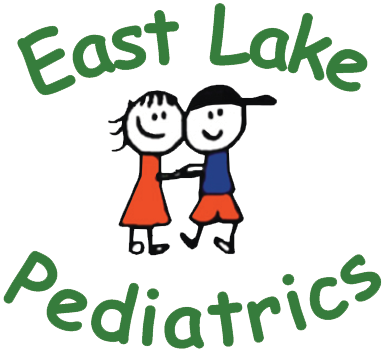Be aware that kids sometimes lie about their symptoms if they are afraid that they will not be allowed to play if they tell the truth!
For boys, the sports that are most often linked to concussions are football, ice hockey, and lacrosse. For girls, the sports that are most often linked to concussions are soccer, lacrosse, and field hockey.
Symptoms that can happen within minutes to hours after a concussion include:
- Memory loss – kids sometimes forget what caused their injury, as well as what happened right before or after the injury.
- Confusion
- Headache
- Dizziness or trouble with balance
- Nausea or vomiting
- Feeling sleepy
- Acting cranky, irritable, or strange
- Passing out (but this is not very common)
Symptoms that can happen within hours to days after a concussion include:
- Trouble walking or talking
- Memory problems or problems paying attention
- Trouble sleeping
- Mood or behavior changes
- Vision changes
- Being bothered by noise or light
This depends on your child’s injury and symptoms. To check if your child has a concussion, the provider will ask about their symptoms and behavior, and do an exam. They will also ask your child questions to check that they are thinking clearly.
If the provider suspects a serious injury, they might order an imaging test of the brain, such as a CT or MRI scan. These tests create pictures of the skull and inside of the brain. However, these tests are NOT usually needed for a routine concussion. In fact, a CT scan can be risky, because it involves radiation. Studies show that doing unnecessary CT scans in children and adolescents increases the risk of cancer later on in life.
Your child should ideally see a medical provider who has experience treating concussions. This can be your child’s regular provider.
Treatment of a concussion involves:
- Preventing further injury – Most concussions get better on their own. While your child is healing, it’s important that they don’t do too much or play any organized sports. Having a second injury while the brain is healing from a concussion can seriously damage the brain. Even if your child seems fine, they should not go back to school or do organized sports until the provider says it’s OK.
- Physical rest – Your child should rest for 24 to 48 hours. After that, they can slowly start to get back to regular activities. This includes light physical activity, as long as it doesn’t make symptoms worse. Your child should continue to avoid contact sports, or other sports that could cause a head injury, until they have completely recovered.
- Mental rest – Doctors also call this “cognitive rest.” It involves avoiding things that make symptoms worse such as reading, playing video games, or using a smartphone, tablet, or computer.
- Most children can go back to school after 1 to 2 days of rest. Your child’s provider will help you decide when your child can return to school. In general, this is when they are able to stay focused and concentrate for at least 30 to 45 minutes at a time. Missing more than 5 days of school is usually not recommended.
- Treating symptoms – In addition to rest, there are ways to help relieve your child’s symptoms. For example:
- Headache – If your child has a headache, the provider might suggest taking an over-the-counter pain reliever. These include acetaminophen(Tylenol) and NSAIDs such as ibuprofen (Advil, Motrin) and naproxen (Aleve). These medicines should only be used for a few days a week.
- Sleep problems – After a concussion, some children have trouble falling or staying asleep. This can lead to feeling tired during the day. The best way to treat this is to follow good “sleep hygiene”. This involves going to bed and getting up at the same time each day. It also means removing things from the bedroom that make it harder to fall asleep, such as light, noise, and screens. You can help your child by creating a relaxing bedtime routine to follow each night.
If your child still has symptoms after 3 or 4 weeks, they might need additional treatment. Along with a doctor who has experience treating concussions, other specialists might need to see your child, too. These include a physical therapist (exercise expert) and a person who is an expert on the brain and behavior.
Ask your child’s provider when they can play sports or do usual activities again. It will depend on your child’s injury and symptoms, as well as the type of sport they play. Most children are back to normal within 2-4 weeks.
They should not rush back into it. Your child’s brain needs to heal completely after a concussion. If your child gets another concussion before their brain has healed, it could lead to serious brain problems (including a condition known as “second impact syndrome”).
When your child does return to their usual activities, they might need to slowly ease into them. That might mean going for a half-day at school, or doing less schoolwork than the other kids at first. The same goes for going back to sports. They might need to start with just light jogging and slowly add in other activities to gradually increase the intensity.
Go to the hospital if any of the following happen after a concussion:
- Your child vomits more than 3 times
- Your child has a severe headache, or a headache that gets worse
- Your child has a seizure
- Your child has trouble walking or talking
- Your child’s vision changes
- Your child feels weak or numb in a part of their body
- Your child loses bladder or bowel control
- You cannot wake your child
For more information on concussion, please visit cdc.gov/HEADSUP .

